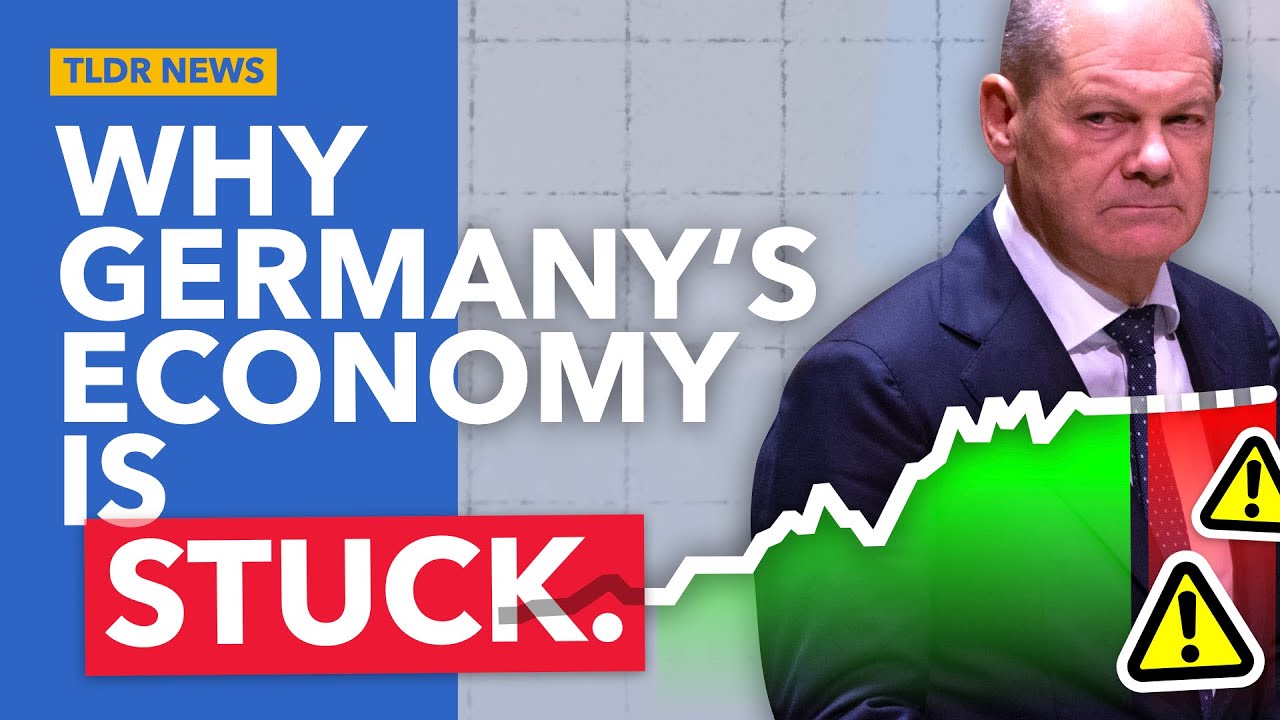The video examines the economic crisis in Germany and how political factors are intensifying the situation. The conservative fiscal approach and concerns about immigration restrict potential solutions, while political fragmentation impedes progress. The three main problems highlighted are chronic underinvestment in public services, an aging population, and challenges to the export-led growth model. Germany’s inadequate infrastructure and struggle to address environmental concerns contribute to the crisis. Additionally, the decline in birth rates and challenges in the global market impact Germany’s economic stability. The political constraints and limited solutions worsen Germany’s economic crisis.
00:00:00 In this section, the video discusses the economic crisis in Germany, which is not only driven by economic factors but also political ones. Germany’s conservative fiscal approach and concerns about immigration limit potential solutions to issues like protectionism and demographic challenges. The political fragmentation within and outside the government further hampers the development of new solutions. The video then highlights three key problems facing Germany: chronic underinvestment in public services, an aging population, and challenges to its export-led growth model. Germany has consistently underinvested in infrastructure, resulting in inadequate roads, trains, and digital infrastructure. Moreover, its high greenhouse gas emissions, due to reliance on coal, exemplify the government’s struggle to address environmental concerns. The aging population in Germany is also a pressing issue, with demographic changes leading to a high old age dependency ratio. Overall, Germany’s economic crisis is compounded by political challenges that hinder effective solutions. 00:05:00 In this section, the video highlights three main economic problems that Germany is facing. First, Germany’s aging population and declining birth rate pose a strain on public services, and while immigration has been a solution in the past, it has become politically controversial. Second, Germany’s export-led growth model is facing challenges as its key markets, such as China and the EU, are not growing as fast, and protectionism is rising globally. This particularly impacts the car industry, with subsidized Chinese electric vehicles undercutting German companies. Lastly, Germany’s anxieties about debt and its political class’s inability to solve these issues limit the country’s ability to compete with America’s massive subsidies. Overall, Germany’s economic crisis is exacerbated by political constraints and the lack of obvious solutions.
Copyright © 2023 Summarize, LLC. All rights reserved.

